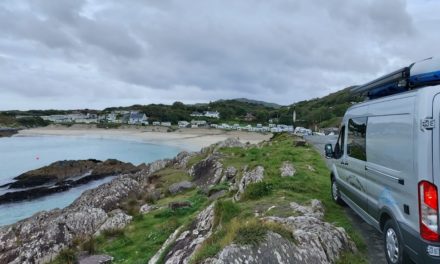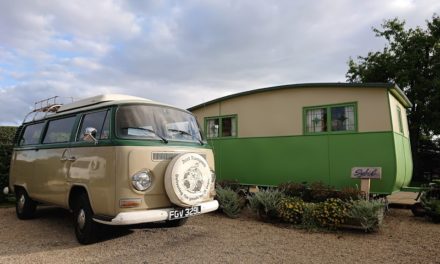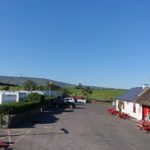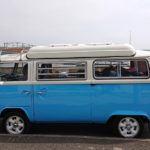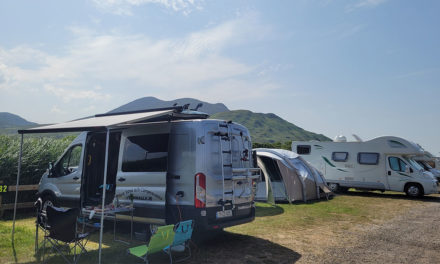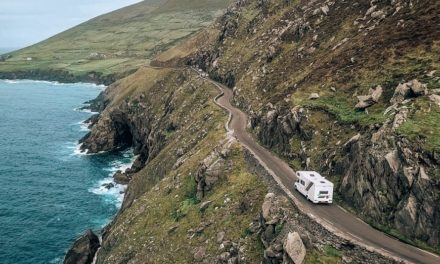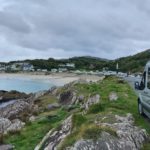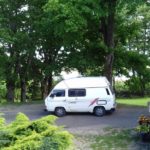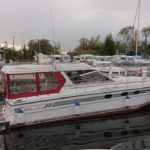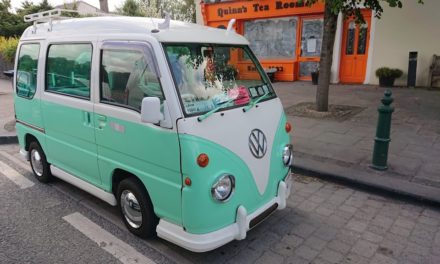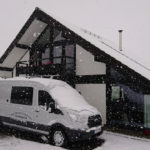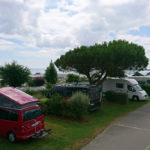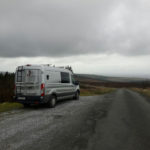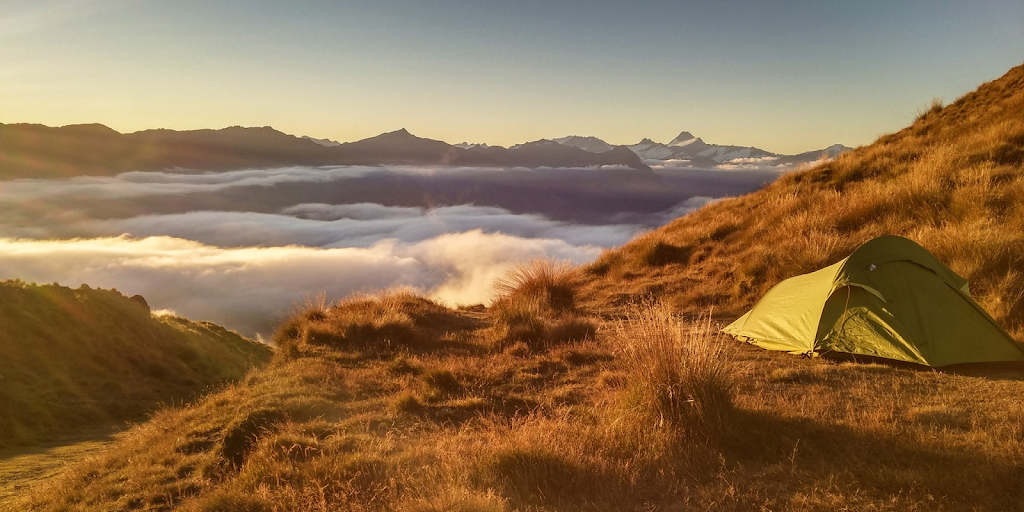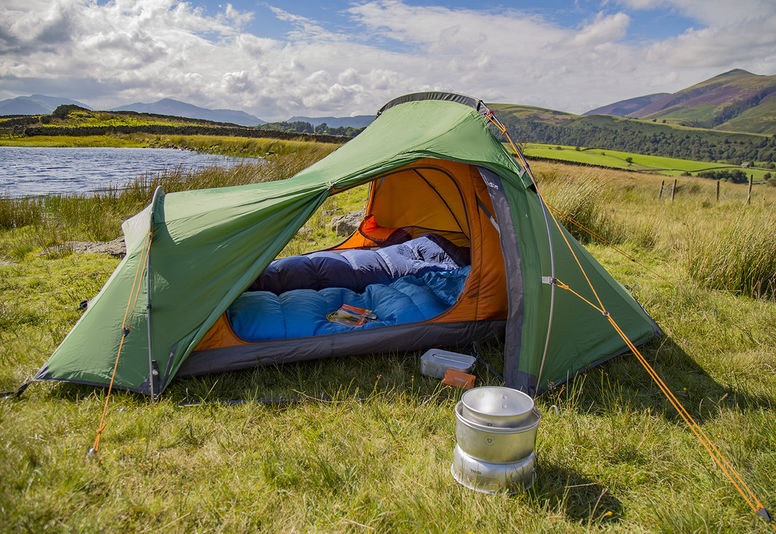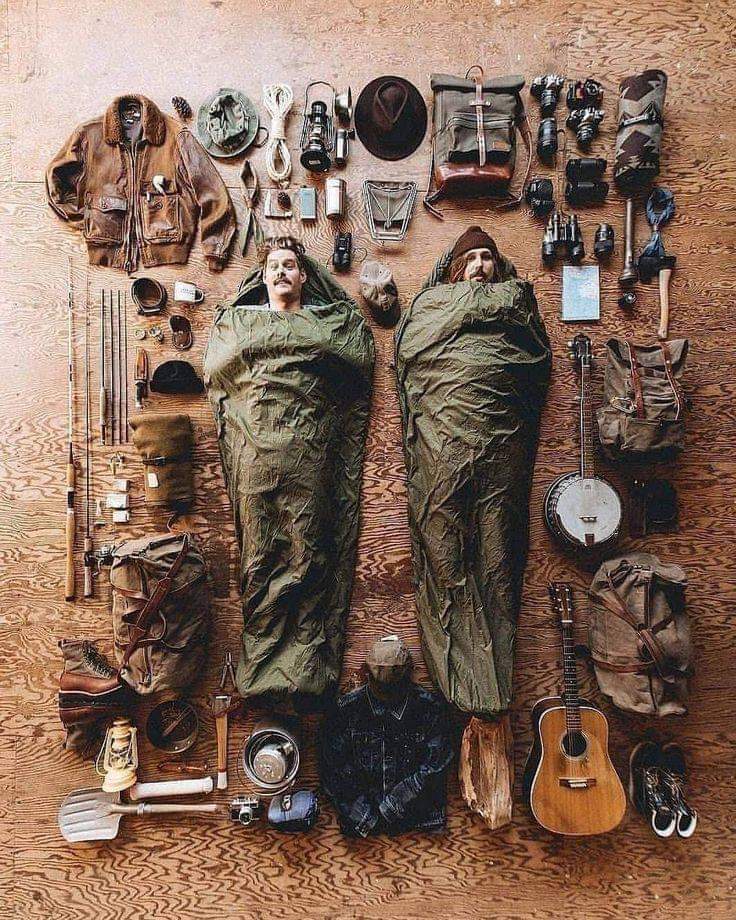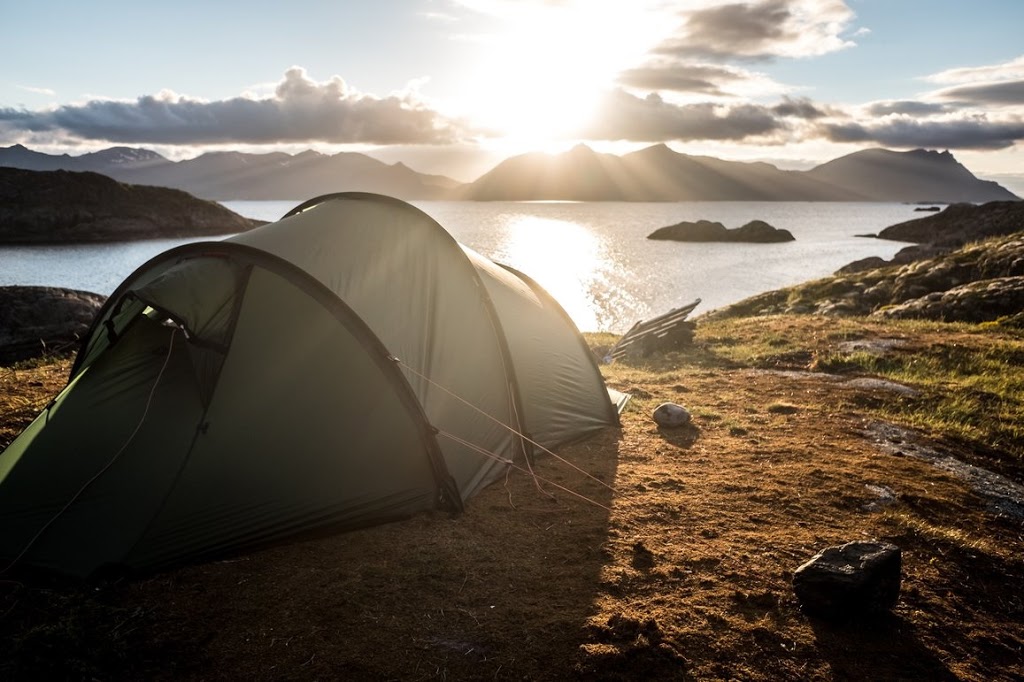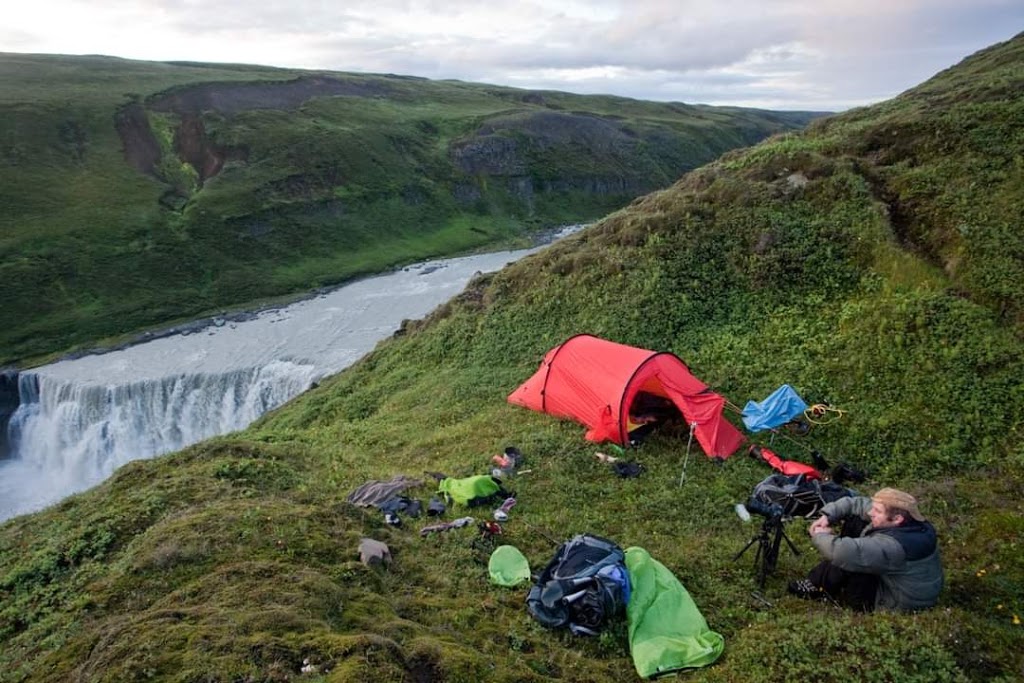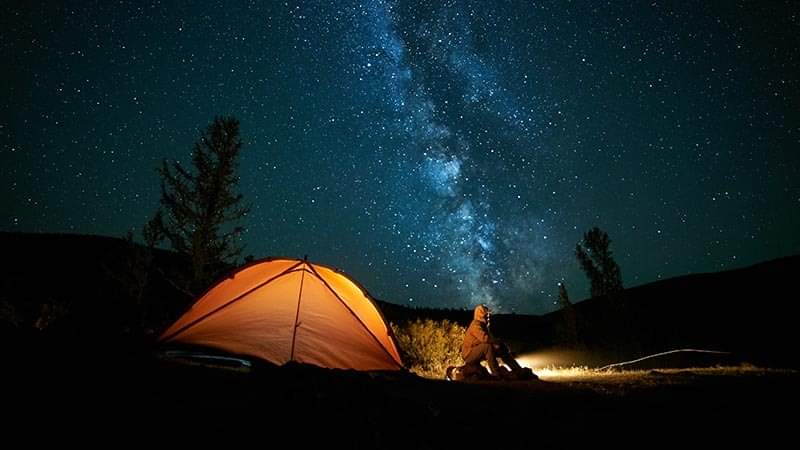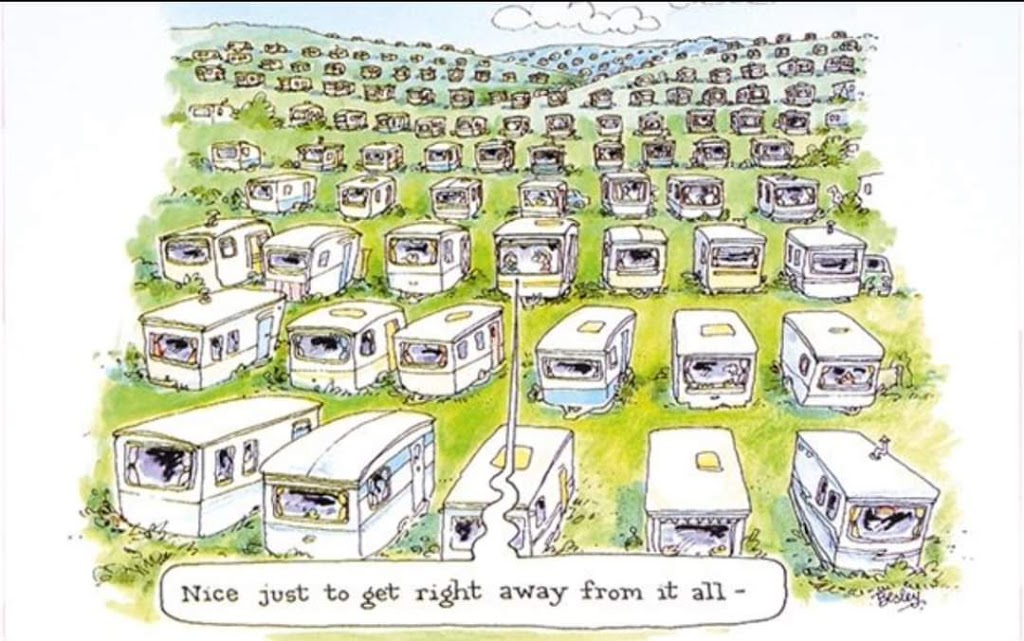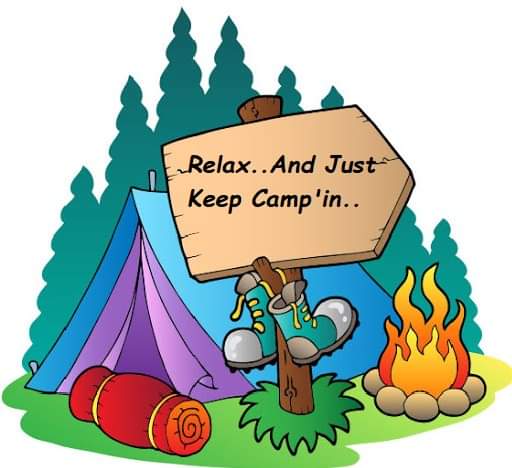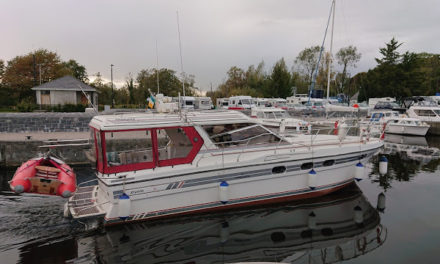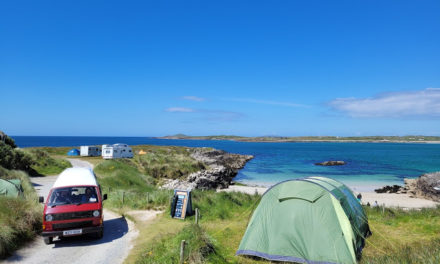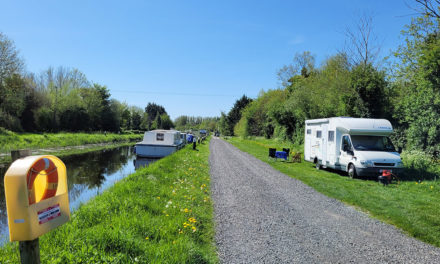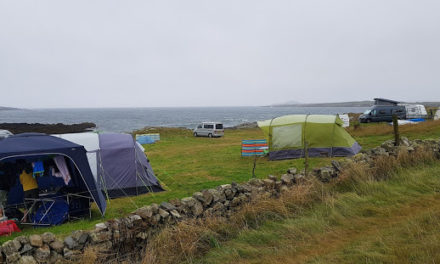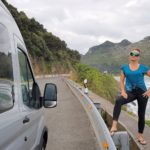
Wild Camping – adapting to the pace of nature
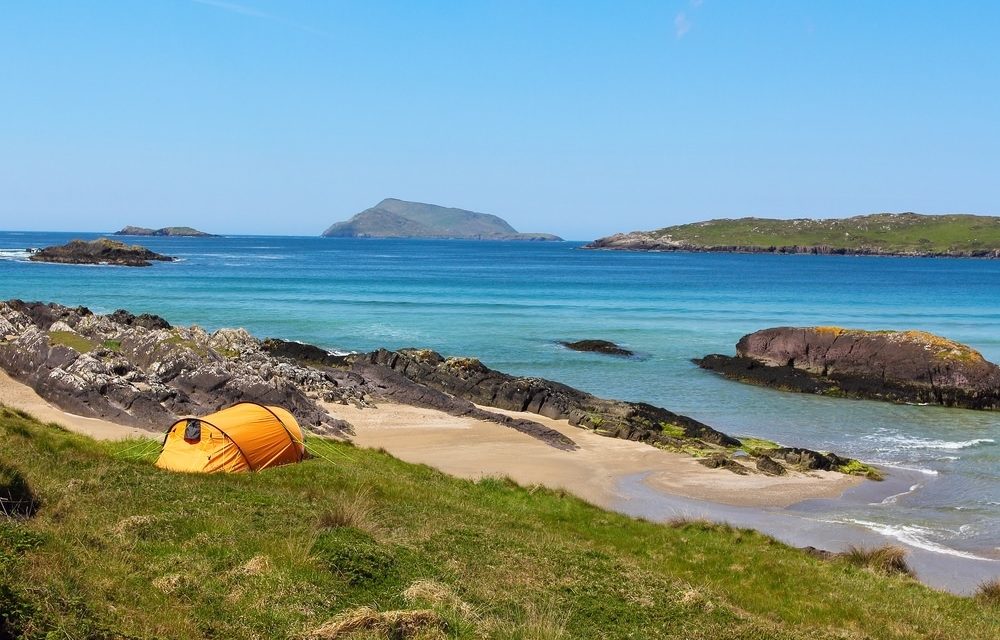
Freedom’s just another word for wild camping.
Camping enthusiast and champion of the opportunities afforded by going off the beaten track, CJ Stewart has some crucial insights to offer from his incredible store of wild camping experiences.
We’re delighted on Vanhalla this week to have the invaluable expertise, insights and information from wild camping enthusiast, the vastly experienced and knowledgeable, CJ Stewart
Isn’t it strange these days how younger people in particular, can create a popular term or classification for something, be it an activity, situation or feeling, that the rest of us have been experiencing for years, without the need for such formal labelling. These Covid times have introduced one such popular term, ‘Staycation‘, the idea that we can stay at home and experience the glories and beauty of our very own Emerald Isle, rather than plough through foreign fields for that annual fortnight or weekend getaway.
The term casts a highlight on another particular activity, one that many of us have been quietly engaging with for years, quietly seeking out its wonders, its hidden discoveries and its wealth of personal fulfilment. That magic, that secretive world, is the world of ‘Wild Camping’, which due to staycation has now become a very popular pastime for many. So what exactly is it all about?
Well let’s start when we open our eyes, we wake up to nature’s very own alarm clock singing in our ears, unzip our tents and allow the splendour of a morning sunrise to flood into our cosy, sleepy and snug enclosure. We tentatively shake off sleep, raise ourselves and then take a welcome step into nature’s very own front room, to begin a day of adventure, discovery and wonderment… all paid in full, by the simple price of our own adventurous spirit.
Soon the smell of morning coffee or rashers wafts through the air, competing for attention with your senses against the sound of waves on a shore, or the smell of the surrounding pine forest and the sound of singing birds. Wild camping’s early morning greeting will explode your senses in nature’s very own 5-star penthouse suite and opens up your day to an experience that no expensive holiday package, hotel, cruise or B&B can touch.
But let’s face it, it’s not for everyone. The very thought of it scares many, as it places them outside their comfort zone. Be it a lack of confidence or knowledge, be it the uniqueness or its individuality, or be it the absolute freedom and stepping outside one’s comfort boundaries that scares people off. So let’s try and address that.
Before we start, we arm ourselves with a simple protocol, another term that seems to be quite popular at the minute. Our respect for nature and the environment is paramount to our wild camping and as such we follow the seven principles of Leave No Trace (LNT): Plan ahead and prepare; Travel and camp on durable surfaces; Dispose of waste properly; Leave what you find; Minimise campfire. Respect wildlife; be considerate of other visitors.
If we can all manage to camp within the LNT protocol, we can protect and enhance our environment and it’s natural beauty for generations of campers and hikers to come.
What do I need? The basic tools of our trade is a sense of adventure and a tent. Then depending on how you travel, a good sleeping bag, a small cooker, a phone (with backup battery charger), access to water, head torch, first aid kit, warm and waterproof layers, good footwear and toilet provisions.
The rest is luxury and up to you. The trick is to travel light. We have no real need in Ireland to spend a fortune on gale force over-compensating kit, and one should be able to arm themselves on a budget around €200. But stay away from cheap rubbish that will only let you down when you need it the most. If wind and rain pour through your tent at 4am, or if your gas cooker explodes or your sleeping bag splits into four at midnight, it’s a bit late to get another at that stage. So don’t be caught out by cheap crap.
Where can I camp?In terms of tents, wild camping is defined as pitching your tent away from a designated site, mainly in the remote wilds of Ireland, be that coast, mountain, forest or even bogs. You must ask permission to pitch on private property. You can’t pitch in areas of special conservation or where specifically designated as ‘No Camping’, or where you will cause a nuisance or obstruction. However, there is acre upon acre of common ground, forest, beaches, mountains and remote places that have isolated, jaw dropping views that many tourists struggle to come across, which all offer excellent wild camping. The Secret Waterfall in Donegal was one of my first discoveries as I camped just up from it, on a rugged headland.
Am I safe?Absolutely. You would be at more risk walking up a busy street in a town. Remember most camping areas are not densely populated, they don’t attract opportunist thieves, and they are too far to travel to or from. Rural Ireland is a small place with big eyes, nothing much goes unseen. In over 40 years camping I have never had any issue.
Where do I pitch?We are looking for flat, sheltered ground away from prying eyes that is not rocky and will hold a peg. Pitch away from exposure to wind and rain if possible and learn to read nature. Wind direction, sunrise and sunsets, note the sheltered areas, and remember mist can linger in a valley or wind exposure on a mountain can exhaust even experienced campers. Trees can drop rain onto your tent long after the clouds have passed and ants can turn your tent floor into their front room. So think and observe for a few minutes, drop your gear and walk around the entire area, and choose your spot well.
Correct tent position is important, waking up to the sun shining on your tent drying up any dew, or avoiding cross-winds by use of walls or bushes makes life a lot easier. Never pitch too close beside a lake, a stream or the sea. Look for a water source. Believe it or not, nearby graveyards normally have a water tap!
Camp in small numbers and never outstay your welcome. Keep your campsites visually unobtrusive. Use earth coloured tents, fluorescent reds and yellow stand out like sore thumbs and draw attention. I use a green bivvy tent, perfect for solo campers, very unobtrusive and blends seamlessly into the surroundings. It pitches in less than 3 minutes. But please, always leave you campsites as you find them, if not better, when you leave.
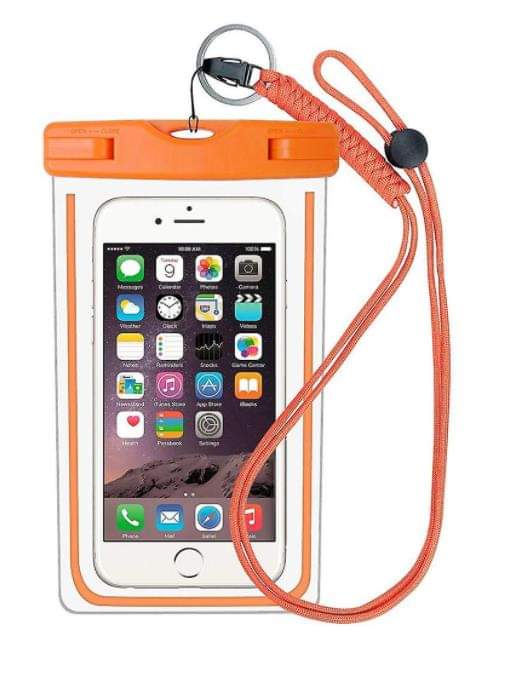 |
| A waterproof pouch is a simple but effective and important piece of equipment for camping. |
How do I shower, toilet and clean myself. ? It’s not a fashion parade, loose the makeup and aftershave. Nature’s bath is the sea, the rivers, lakes and streams. Keep detergent away from them though. Like any other animal in nature, our personal human waste is fine when returned to nature. It must be buried though in a cathole, well away from paths or footfall areas. Always take note of public toilet locations and force yourself to use them when you get the chance. Please, don’t bring ‘wipes’ wild camping and carry all your discard and rubbish out.
Weather? Why go in wind and rain? Why make it hard? It’s up to you. I love wild camping but prefer SKY Sports to driving wind and rain. For me the pleasure is bringing all nature’s good things into one package at the same time, and weather is a big factor in this. Wading waist deep into the sea on Inis Oirr at 5.30am as the sun was rising, to have the inquisitive dolphin come up beside me, and the rest of the world sleeping as the morning sun warmed my back and the blue sky towered over me. Doing that in wind and rain wouldn’t hold the same magic. Always have a plan B or even C and never be afraid to call it quits if the weather, or broken kit gets the better of you. Think safety first.
Clothing?Golden Rule: ‘It is easier to stay warm than get warm’. Layer up, yet avoid sweaty clothes. Forget the polyester, the fancy lycra and synthetic fabrics. Clothing must be able to breathe, so your cottons, your wools and your natural fibres are the answer. Always have extra base layers at hand, and regardless of discomfort, change immediately if sweat or dampness gets in. Keep air-flow circulating, loosen the neck if need be, and always protect digits, fingers, toes and head. The trick to staying warm is to also eat like a king, build up energy and save it….always act immediately once you feel cold penetrating or dampness getting in.
General Tips? Do your local research well before leaving. Check out local history, local spots, local trails and anything that can add to your experience. Take time to relax and eat well. I fish, cycle, hike, cook, hunt out a music session in a pub, read or simply chill out in the sun with a beer when it’s good. Join Facebook groups, share info, knowledge and advice and get as much out of your wild camp as you can. When you come home and steep in that hot bath, your sense of achievement is off the scale… and you start planning the next one.
Why go wild camping instead of a campsite?FREEDOM, FREEDOM AND MORE FREEDOM!
I can go at the drop of hat, no bookings, no ferries, no campsites and just the cost of travel. Get out there, give it a go and you won’t look back.
With many thanks from Vanhalla Camper Heaven to CJ Stewart for this most engaging and educational guest blog post. CJ is the founder of the Facebook forum Wild & General Camping Ireland.
SEE ALSO: When you get to France, hang a left for a change
25 tips to help make you a Happy Camper

